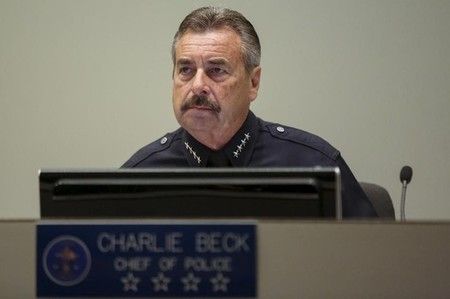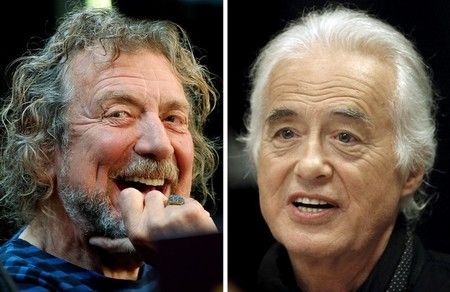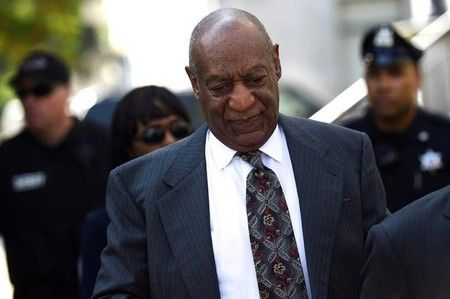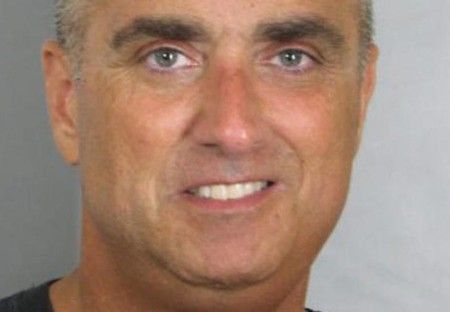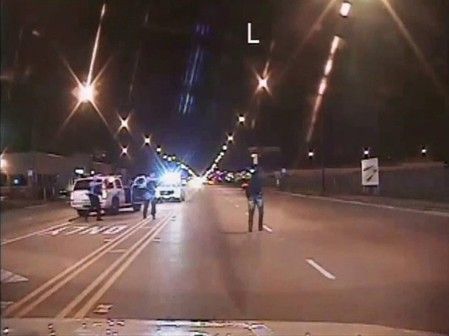Advertisement
Baltimore officer waives jury trial in death of Freddie Gray

By Donna Owens
BALTIMORE (Reuters) – A Baltimore police officer will be tried by a judge instead of a jury on charges stemming from the 2015 death of Freddie Gray, a black man who died in police custody, a Maryland judge ruled on Tuesday.
Edward Nero, 30, is the second officer to face trial in Baltimore City Circuit Court over Gray’s death from a neck injury suffered in a police transport van. The incident sparked rioting and protests across the city of 620,000 and is one of those highlighted by the Black Lives Matter movement.
Nero is charged with second-degree assault, two counts of misconduct in office and reckless endangerment. All are misdemeanors. Five other officers also face charges over Gray’s death, ranging from misconduct in office to second-degree murder.
In a pre-trial hearing, Judge Barry Williams granted a request by Nero’s lawyers to waive his right to a jury and have Williams decide his fate in a bench trial. Williams warned Nero that it was difficult to reverse his decision.
“You generally can’t turn around and have a jury trial,” he said.
Legal experts have said police officers normally waive their rights to a jury because they think judges are more likely to render a not guilty verdict or impose a lighter sentence.
Defense lawyers had tried to have the trials moved from Baltimore, saying media coverage had made it impossible to find an impartial jury in the majority black city.
Williams said he was granting “at this stage” a defense motion for no discussion of a spring-assisted knife found on Gray. Prosecutors and the defense have sparred over whether the knife was illegal under state or city law.
Testimony was set to start on Wednesday, but Williams allowed a one-day delay because of electrical work in prosecutors’ offices. He said the trial could run through at least May 18.
Nero was among officers who arrested Gray, 25, in April 2015, when he ran from them, unprovoked. Gray was not secured by a seatbelt in the police van and an autopsy showed he died from a neck injury incurred during transport.
The first trial, that of Officer William Porter, ended in a hung jury in December.
Williams also denied a motion brought by media groups for access to sealed court records, trial transcripts and other documents. But he eased his restriction over transcripts, saying reporters could order them with the exception of bench conferences.
(Reporting by Ian Simpson in Washington; Editing by Anthony Lin and Dan Grebler)


